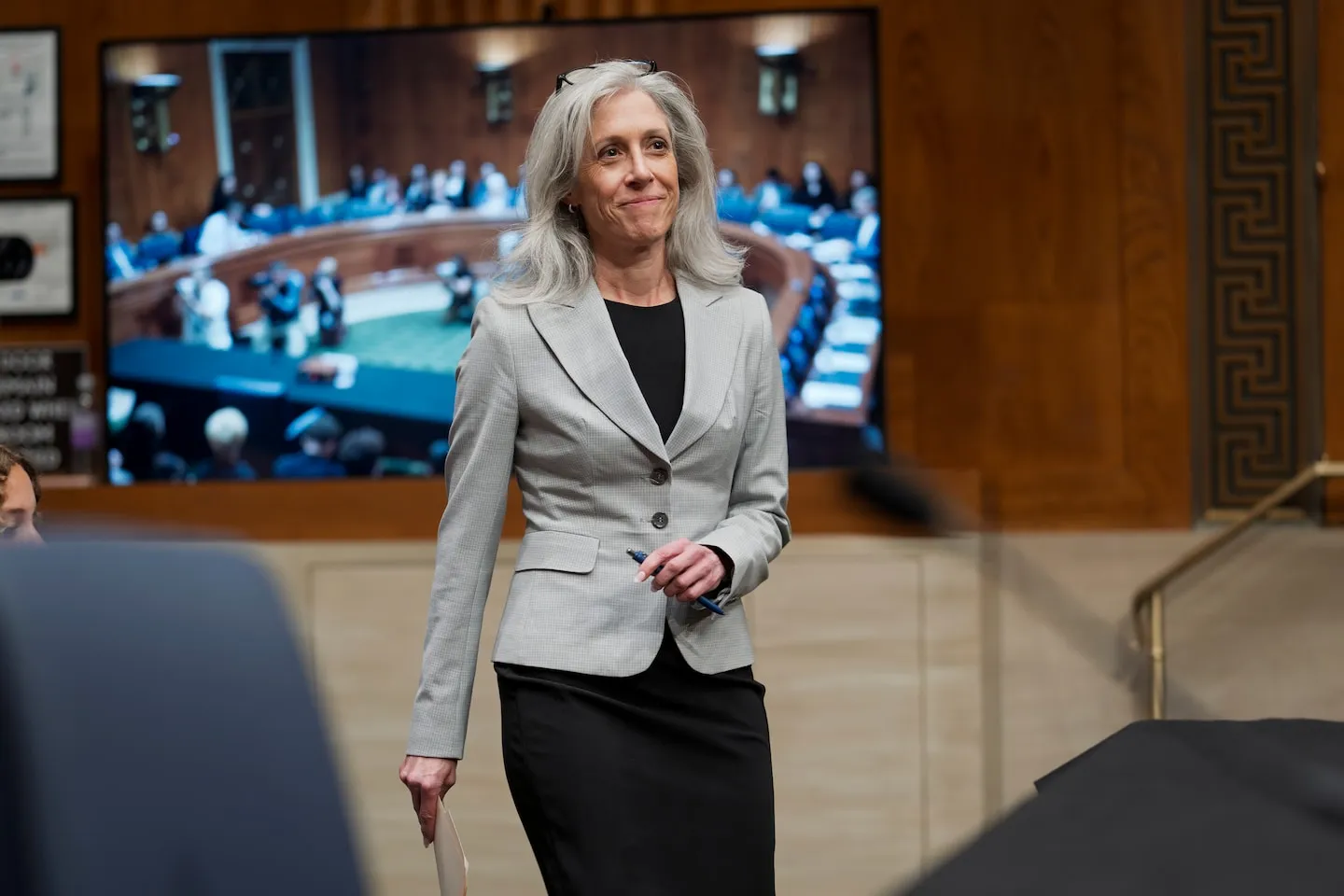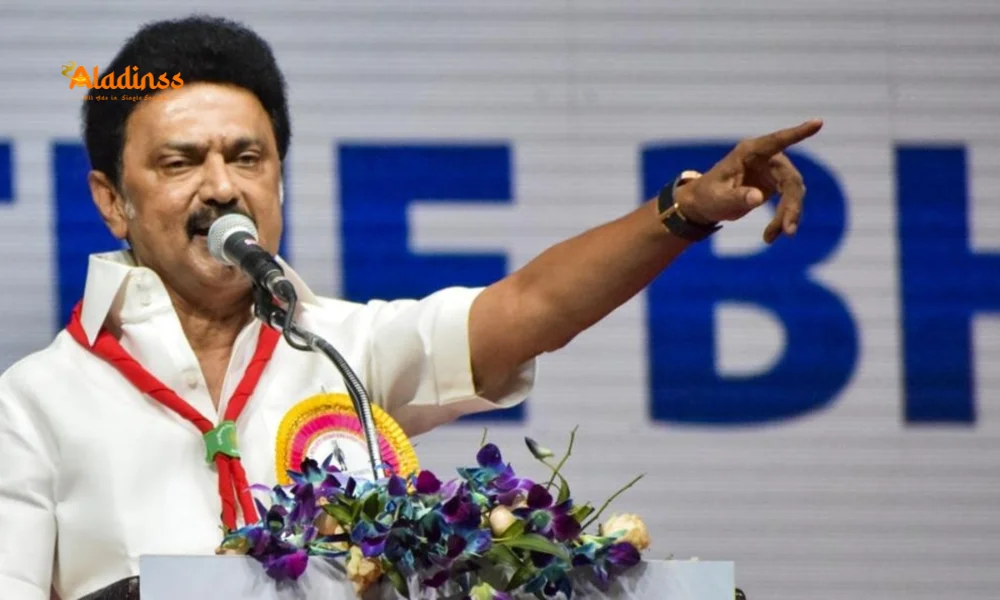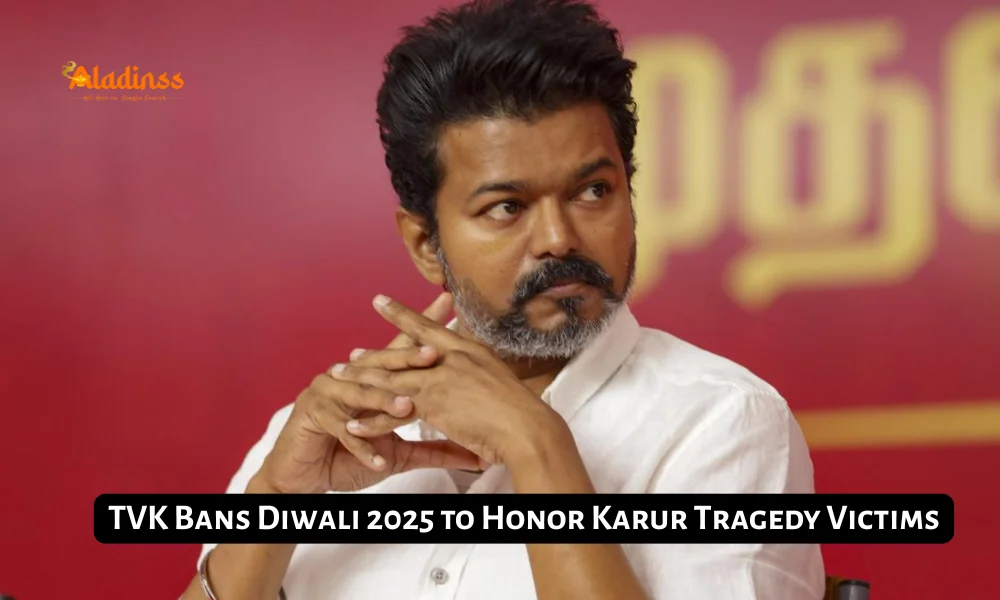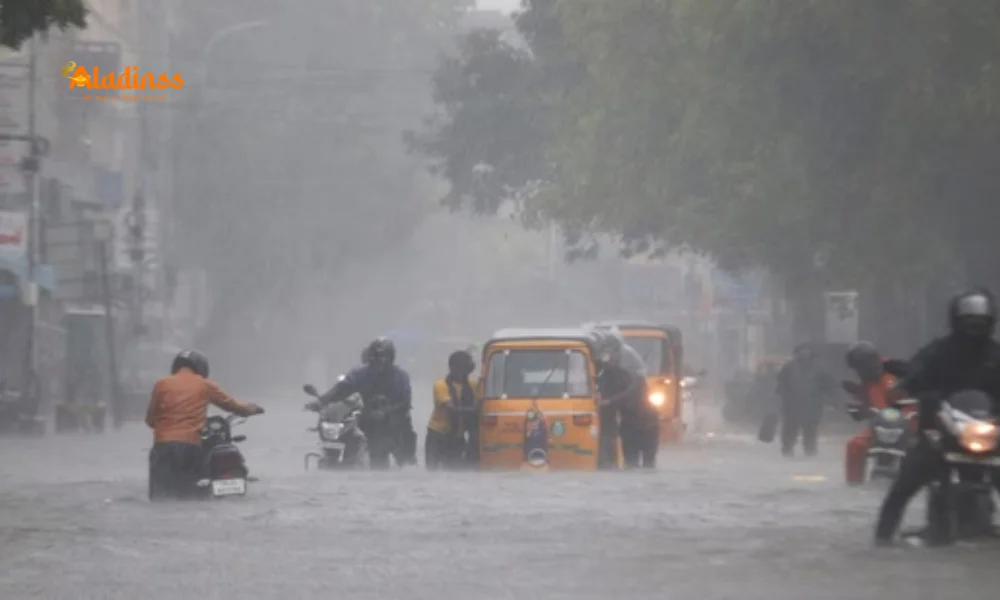White House Fires CDC Director Susan Monarez

White House Fires CDC Director Susan Monarez Amid Resignations
On August 27, 2025, the White House announced the termination of Susan Monarez as director of the Centers for Disease Control and Prevention (CDC), citing her misalignment with President Donald Trump’s agenda. The abrupt firing, following Monarez’s refusal to resign, triggered a wave of resignations from senior CDC officials and intensified concerns about the politicization of public health. Monarez’s lawyers accused Health and Human Services (HHS) Secretary Robert F. Kennedy Jr. of targeting her for resisting “unscientific, reckless directives,” sparking a public debate over vaccine policy and leadership at the nation’s top public health agency. This article delves into the details of Monarez’s ousting, the resignations, and the broader implications for the CDC’s mission.
The leadership crisis unfolded against a backdrop of controversy, with the Food and Drug Administration (FDA) announcing new restrictions on COVID-19 vaccine eligibility on the same day. The CDC, already reeling from a recent attack on its Atlanta headquarters and significant staff layoffs, faces mounting challenges. Monarez, a longtime federal scientist and the first Senate-confirmed CDC director, had been in the role for less than a month. Her departure, along with the resignations of at least four senior officials, has raised alarms among public health experts about the agency’s ability to address infectious diseases and other health threats effectively.
Details of Susan Monarez’s Firing
The White House confirmed on August 27, 2025, that Susan Monarez was fired as CDC director after she refused to resign, following pressure from HHS Secretary Robert F. Kennedy Jr. and his aide, Stefanie Spear. White House spokesperson Kush Desai stated, “Susan Monarez is not aligned with the President’s agenda of Making America Healthy Again,” emphasizing that her refusal to step down led to her termination. The Department of Health and Human Services announced Monarez’s departure earlier that day via a post on X, prompting a swift response from her attorneys, Mark Zaid and Abbe Lowell, who claimed she had not been formally notified of her firing and would not resign.
Monarez’s legal team accused Kennedy of “weaponizing public health” by pressuring her to implement policies lacking scientific basis and to dismiss key health experts. Monarez, a microbiologist with a Ph.D. from the University of Wisconsin–Madison, was sworn in on July 31, 2025, after a Senate confirmation vote along party lines. Her nomination followed President Trump’s withdrawal of former Republican Congressman Dave Weldon, whose vaccine skepticism had drawn criticism. Monarez’s brief tenure was marked by efforts to stabilize the agency after a gunman’s attack on its Atlanta headquarters on August 8, 2025, which killed a police officer and traumatized staff.
Mass Resignations at the CDC
Monarez’s ousting triggered an immediate exodus of senior CDC leadership, with at least four high-ranking officials resigning on August 27, 2025. Dr. Debra Houry, the CDC’s chief medical officer, cited the “rise of misinformation” about vaccines and proposed budget cuts as reasons for her departure in a resignation letter obtained by CBS News. Dr. Demetre Daskalakis, director of the National Center for Immunization and Respiratory Diseases, stated he could no longer serve due to the “ongoing weaponizing of public health.” Dr. Daniel Jernigan, head of the National Center for Emerging and Zoonotic Infectious Diseases, resigned citing the “current context in the department,” while Dr. Jennifer Layden, director of the Office of Public Health Data, Surveillance, and Technology, also stepped down, according to NBC News reports.
The resignations reflect deep discontent within the CDC, particularly over Kennedy’s leadership and his skepticism toward vaccines. Houry’s letter highlighted the agency’s diminished capacity to address conditions like hypertension, diabetes, and mental health due to planned budget cuts and reorganization. Daskalakis criticized recent changes to vaccine recommendations, warning that they “threaten the lives of the youngest Americans and pregnant people.” The mass departure of experienced leaders has alarmed public health experts, with Dr. Mandy Cohen, a former CDC director, stating, “The weakening of the CDC leaves us less safe and more vulnerable as a country.”
Context of the Leadership Crisis
The CDC’s leadership turmoil coincides with significant challenges, including a recent attack on its Atlanta headquarters and widespread layoffs. On August 8, 2025, a gunman, motivated by grievances over COVID-19 vaccines, fired over 180 shots into the CDC’s buildings, killing a DeKalb County police officer and shattering morale. Monarez had planned an all-hands meeting to address staff concerns, but it was canceled by HHS officials, who summoned her to Washington, D.C., days before her firing. Additionally, a union representing CDC employees announced the termination of approximately 600 staff members in early August, including those working on infectious diseases like bird flu and environmental hazards.
Monarez, the first CDC director in 50 years without a medical degree, brought expertise in infectious disease research and had served in leadership roles at the Advanced Research Projects Agency for Health and the National Security Council. Her appointment was initially praised by Kennedy, who described her as a “champion of MAHA values” and a “brilliant microbiologist.” However, tensions arose over vaccine policy, particularly after Kennedy withdrew federal recommendations for COVID-19 vaccines for pregnant women and healthy children in May 2025 and replaced the CDC’s vaccine advisory panel with anti-vaccine activists in June.
Vaccine Policy Controversies
The timing of Monarez’s firing coincided with the FDA’s approval of updated COVID-19 vaccines on August 27, 2025, which limited eligibility to seniors over 65 and individuals with high-risk conditions, excluding healthy younger adults and children. Kennedy, a known vaccine skeptic, declared on X that “emergency use authorizations for COVID vaccines, once used to justify broad mandates, are now rescinded.” This decision, coupled with his earlier actions to halt mRNA vaccine research and dismiss the CDC’s vaccine advisory panel, has fueled criticism from public health experts who warn of declining vaccination rates and increased vulnerability to preventable diseases.
Monarez’s public support for vaccines, expressed during her Senate confirmation, put her at odds with Kennedy’s agenda. Her refusal to “rubber-stamp unscientific directives” reportedly included resisting pressure to rescind approvals for certain COVID-19 vaccines. This conflict led to her summoning to Washington on August 25, where Kennedy and Spear demanded her resignation, according to an HHS official. When Monarez refused, Kennedy accused her of leaking information to Senator Bill Cassidy, escalating tensions. Her attorneys argued that her stand was a defense of scientific integrity, warning that the “systematic dismantling of public health institutions” threatens American lives.

Public and Political Reactions
The firing of Monarez and the subsequent resignations have drawn sharp criticism from public health advocates and political figures. Senator Patty Murray, a Democrat on the Senate health committee, called for Kennedy’s removal, labeling him a “dangerous man” who promotes “terrifying conspiracy theories and disinformation.” Dr. Robert Steinbrook of Public Citizen described the situation as “an absolute disaster for public health,” while infectious disease expert Michael Osterholm called the loss of CDC leaders “a serious loss for America.” Former CDC director Mandy Cohen emphasized the agency’s critical role in national safety, warning that its weakening leaves the country vulnerable.
Public sentiment, as reflected on platforms like X, shows a polarized response. Some users support Kennedy’s push to reform public health policies, aligning with the “Make America Healthy Again” agenda, while others decry the politicization of the CDC. The resigning officials’ letters, particularly those of Houry and Daskalakis, underscored the dangers of vaccine misinformation, citing a record high number of measles cases in the U.S. in 2025. The controversy has reignited debates over the balance between scientific evidence and political priorities, with critics arguing that Kennedy’s influence undermines the CDC’s credibility.
Impact on the CDC’s Mission
The CDC, established to combat malaria and later expanded to address infectious and chronic diseases, is a cornerstone of global public health. The recent leadership shakeup and layoffs, which reduced the workforce by 600 employees, have strained its capacity to respond to emerging threats like bird flu and environmental hazards. The resignations of experts like Jernigan, who oversaw vaccine safety, and Layden, who managed public health data, further weaken the agency’s infrastructure. Houry’s resignation letter warned that budget cuts and reorganization would hinder efforts to address conditions like cancer, overdoses, and mental health crises.
The Atlanta shooting, attributed to anti-vaccine rhetoric, has compounded the CDC’s challenges. Current and former employees previously criticized Kennedy in an open letter for fueling violence against healthcare workers, a sentiment echoed by Daskalakis, who described Monarez as “hamstrung and sidelined by an authoritarian leader.” As the CDC remains without an acting director, questions loom about its ability to maintain public trust and fulfill its mission. The leadership crisis, coupled with policy shifts under Kennedy, underscores the precarious state of public health in the U.S. amid ongoing controversies.
Comment / Reply From
No comments yet. Be the first to comment!











